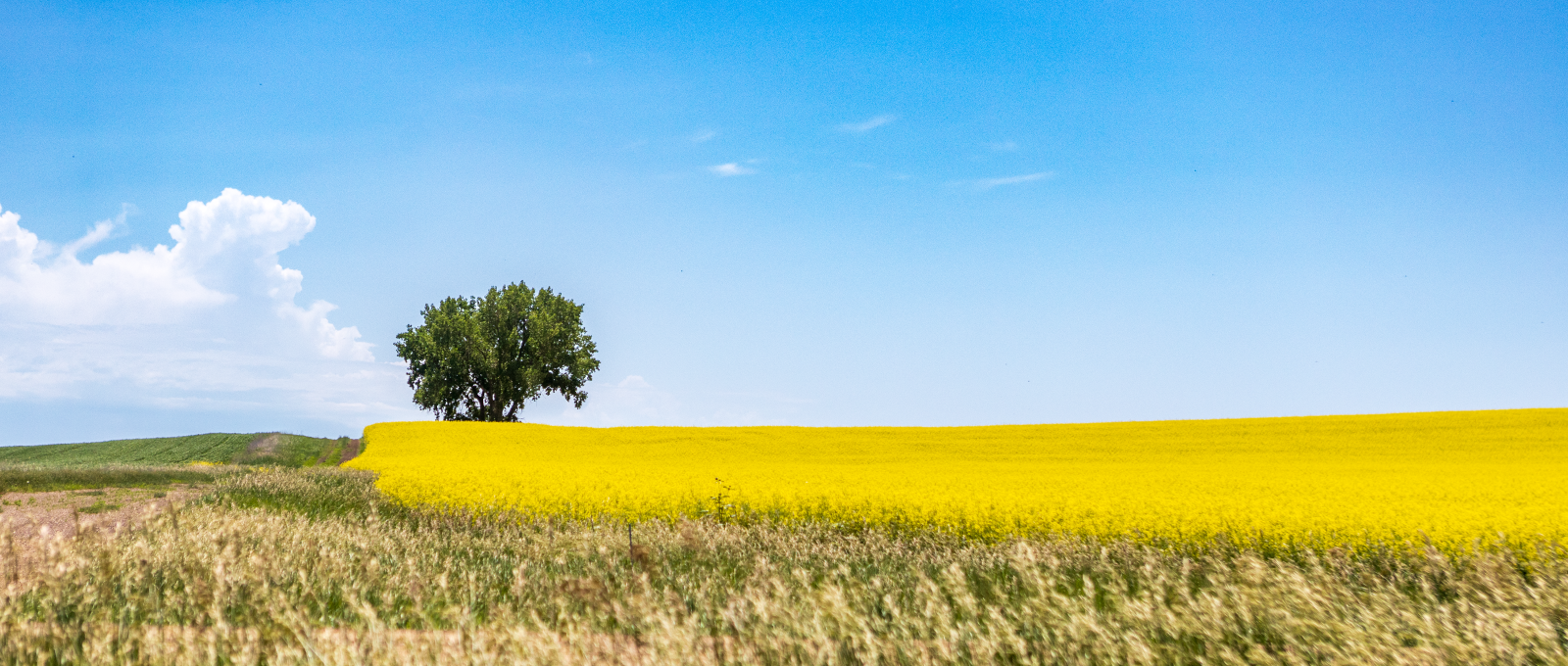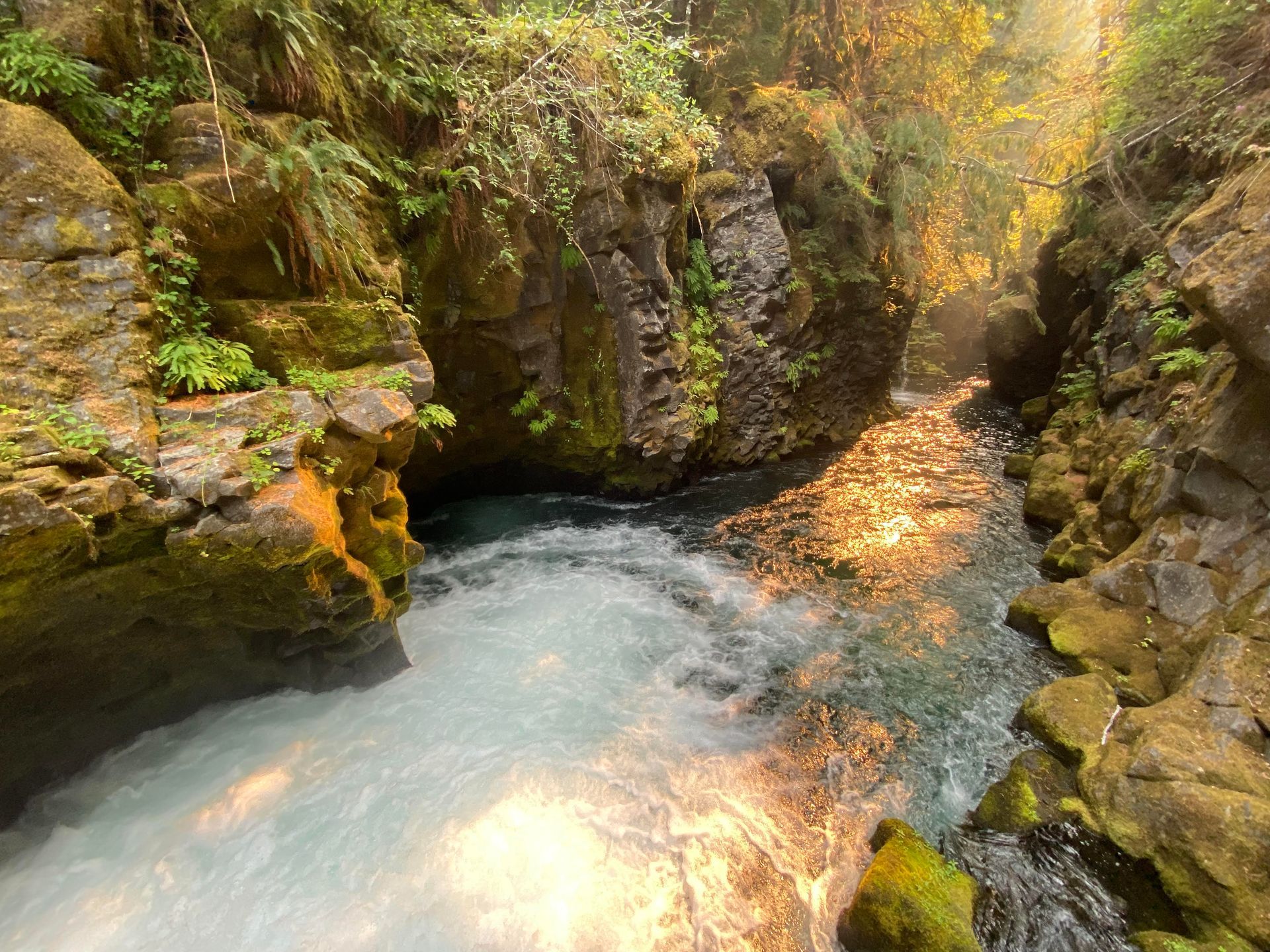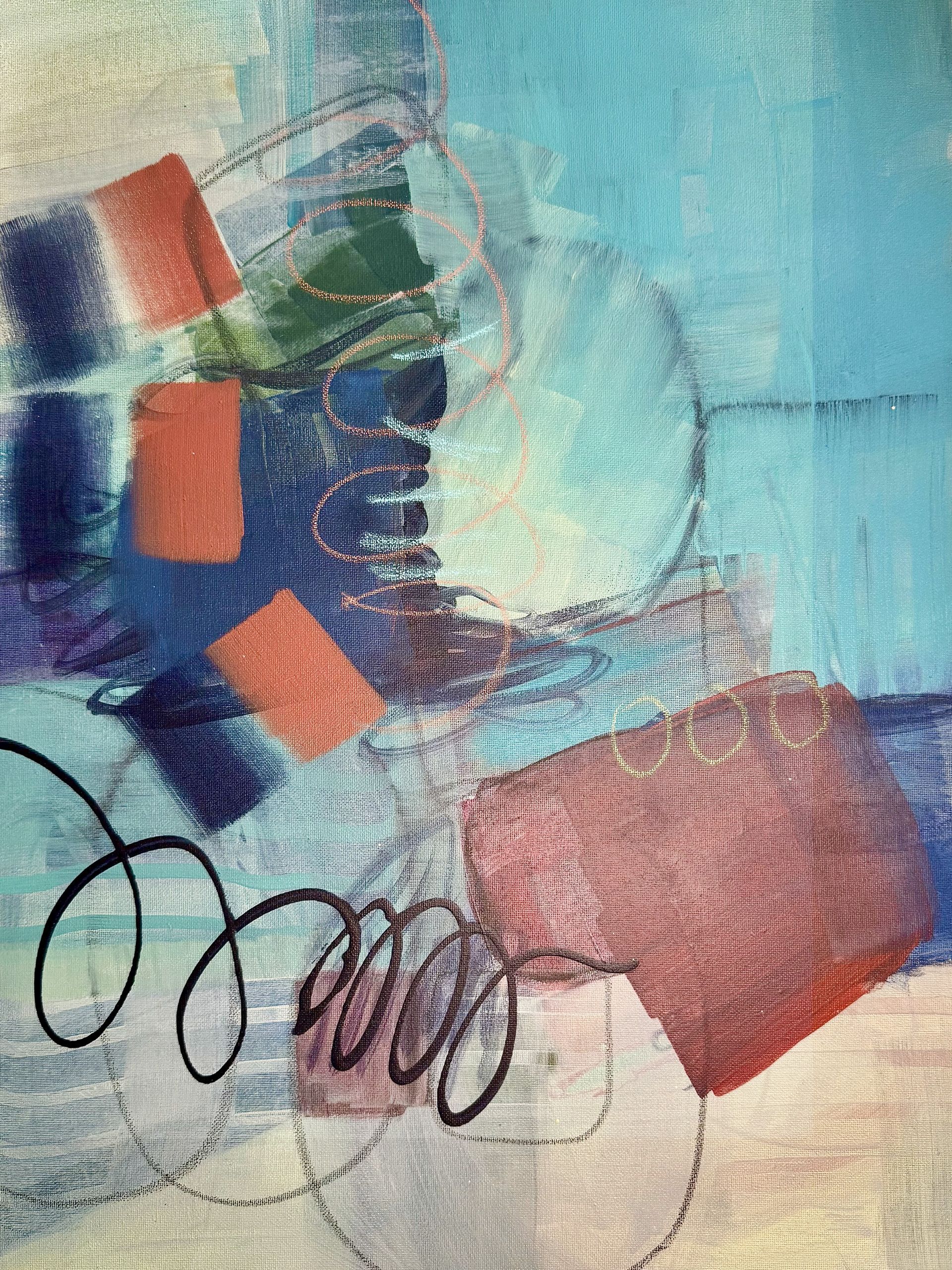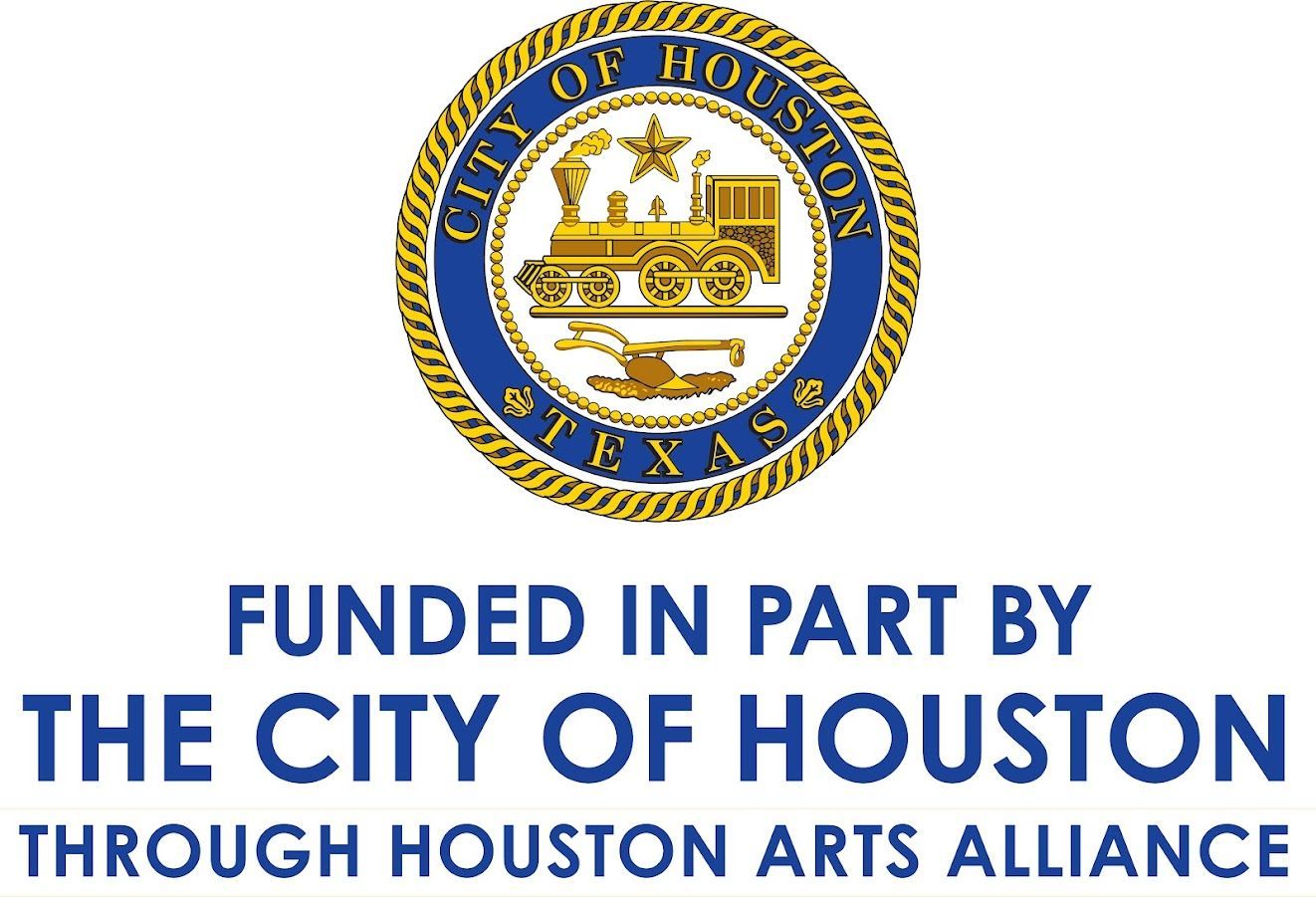We Live Among Spirits
Holding space for the search for wholeness
Recently, my son and I took our cameras and rambled through Sealy and San Felipe, small and much smaller towns west of Houston. It was the first day for months that I had nothing on my calendar. San Felipe once was home to Stephen F. Austin's colonial headquarters. William Travis raised a militia in San Felipe and left from there to defend the Alamo, where he was martyred. After the Alamo fell, the residents of San Felipe fled in advance of the Mexican army, and they made the choice to burn the town rather than leave its timber and goods for the enemy. They never returned.
Danny and I roamed the reconstructed cabins, school, and meeting house, clicking away here and there. Like most historical sites I've visited, San Felipe is placid. Horses grazed nearby. You must imagine the life that once filled these empty spaces, life so consequential as to merit a (well-curated) temple to its vanished significance.
We live among spirits. We tend to use that word to refer to metaphysical beings, ghosts that haunt us, angels that protect us, ancestors that guide us. Whether we think of them metaphysically or metaphorically, they are psychologically real. We have conceptual language to talk about them: archetypes, cultural complexes, intergenerational trauma. They all refer to the enduring truth expressed by William Faulkner: "The past is never dead. It's not even past."
The trick is noticing the spirits, the past that is present. They live in our language, our stories, our landscapes, our bodies. Some that would disrupt our certainties yearn to emerge into our awareness. At the heart of Jung's way of seeing is a movement toward wholeness. Not goodness per se, or moral purity, but a reconnection and relationship among parts that have become separated. For that to happen, we need spaces in which they are welcome.
Danny and I had lunch at the Saddleback Saloon in Sealy. The bartender saw his camera and parked at our table for a while, talking lenses and gear. She learned on her father's film camera, in her high school's darkroom. A single mom whose eldest is a bit younger than Danny, she freelances on the side because she clearly loves it. We stayed after lunch for a couple of games of pool. More people drifted in. She brought their orders before they could place them, hugged a few. We were the only strangers. And we weren't anymore.
Zeus' sister Hestia was the goddess of the hearth and of hospitality. In ancient Greece, the first sacrifice was always made to Hestia, because hosting, welcoming, holding space comes before all else. Hestia, like all the figures we call gods, evokes an enduring pattern in human life, an archetype, which Jung suggested "is like an old watercourse along which the water of life has flowed for centuries, digging a deep channel for itself."
The work of hosting isn't heroic. It's relational, curious. It creates space for connection, nourishment, mending, discovery, celebration. It's the work of The Jung Center. We create space for our complexity and complication, for all our spirits to emerge into relationship.
For the first time in our history, we have launched a special giving campaign. We have tripled the reach of our educational programs in the last five years. Our financial resources need to grow to match current and future community needs. Please consider giving. To learn more, visit https://junghouston.app.neoncrm.com/campaigns/bridging-the-gap.
Sean Fitzpatrick, PhD
Executive Director






